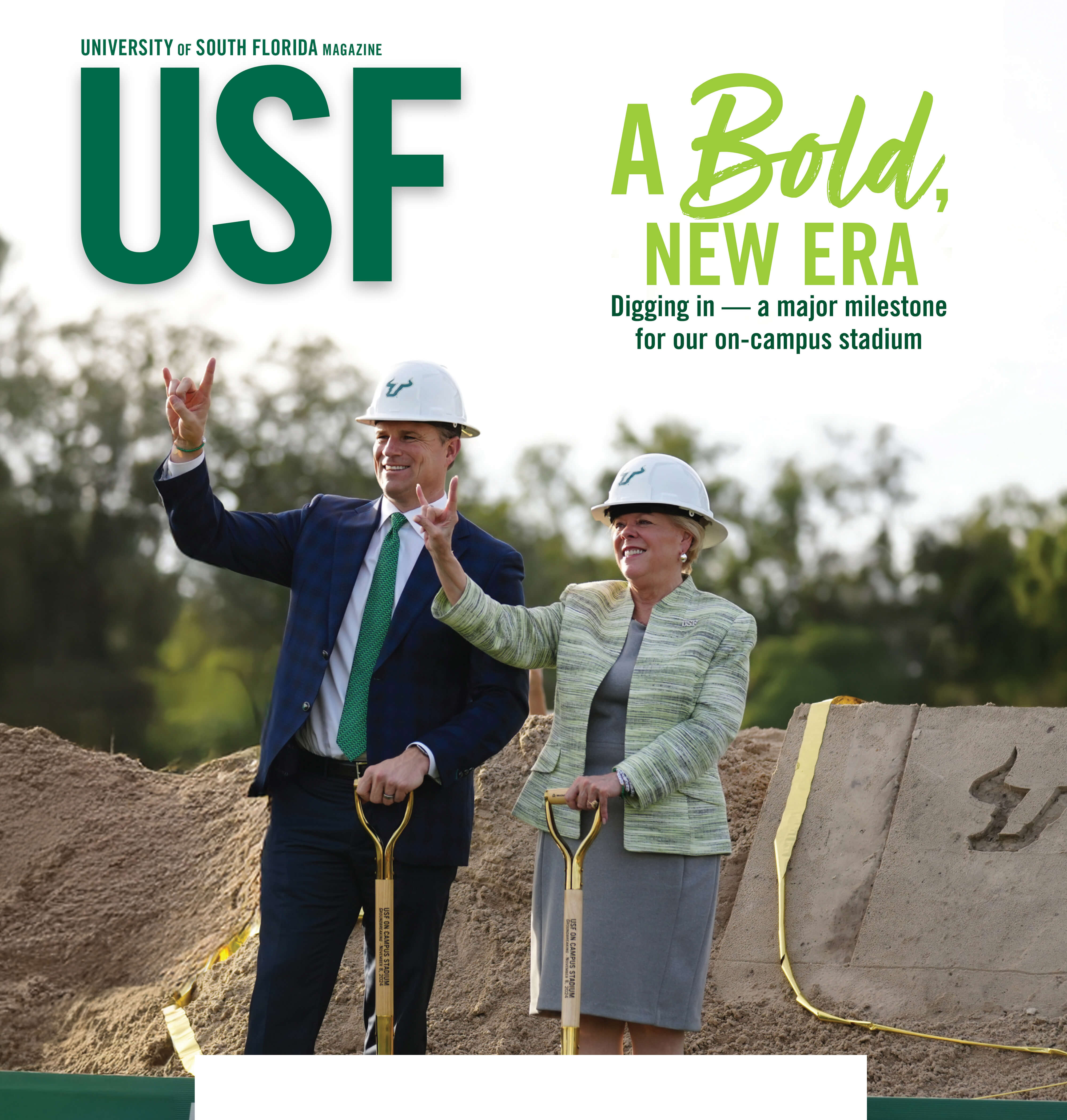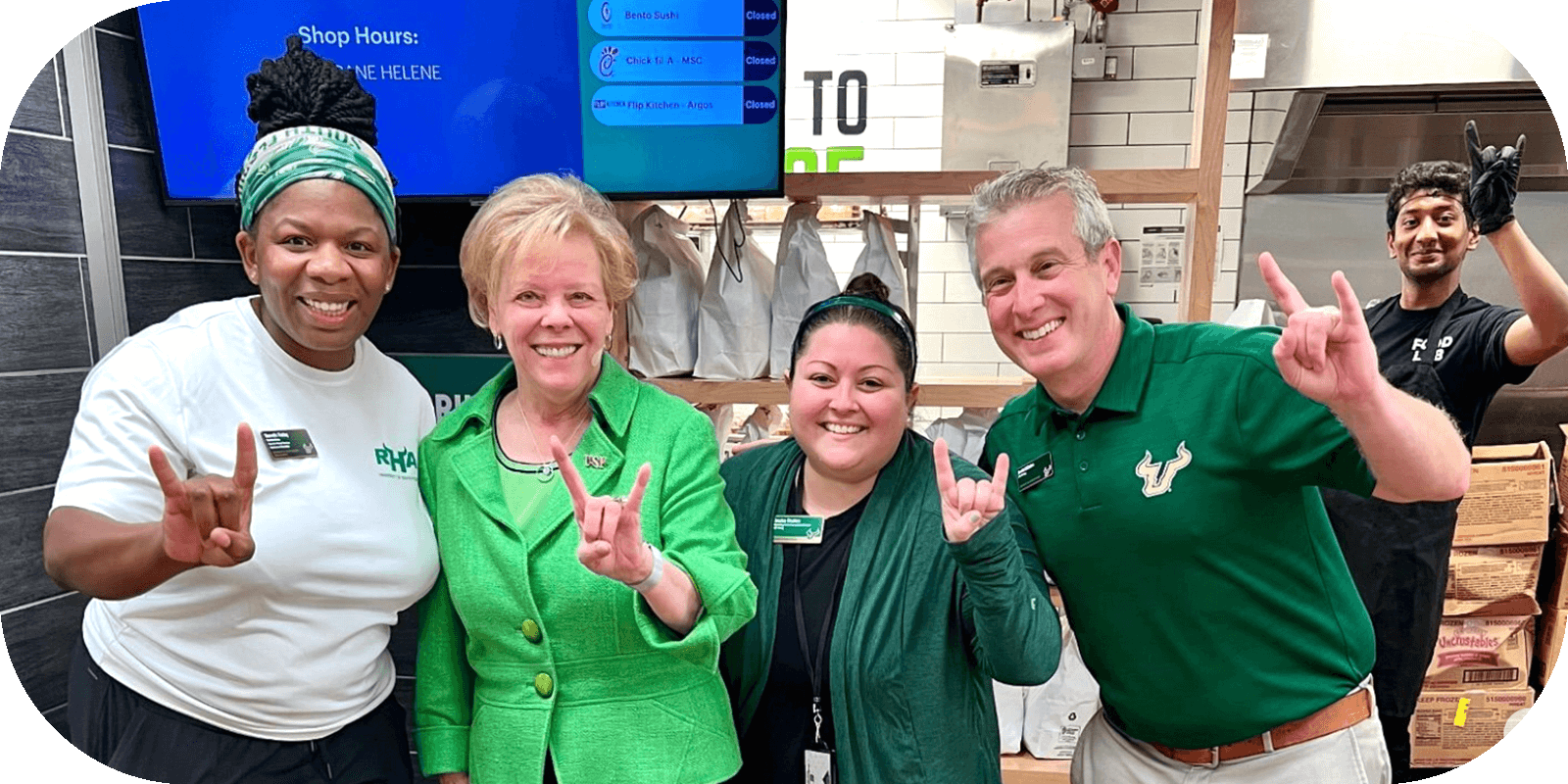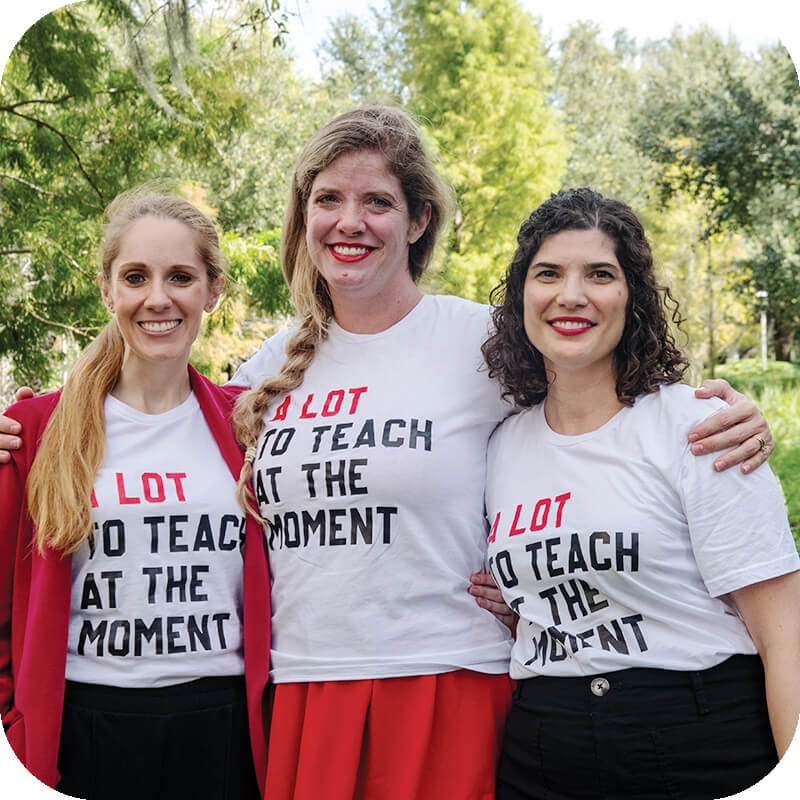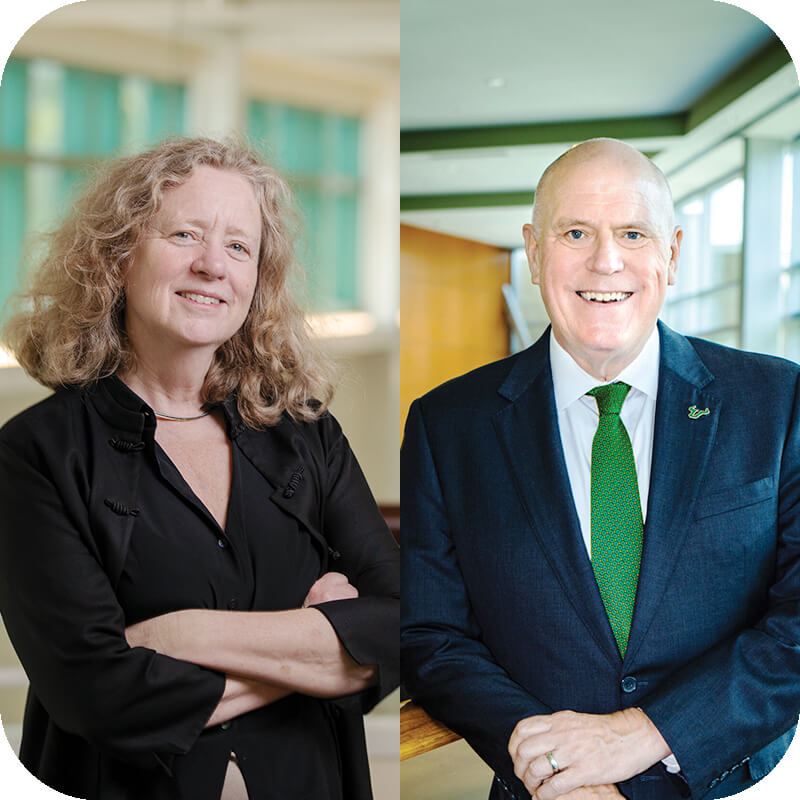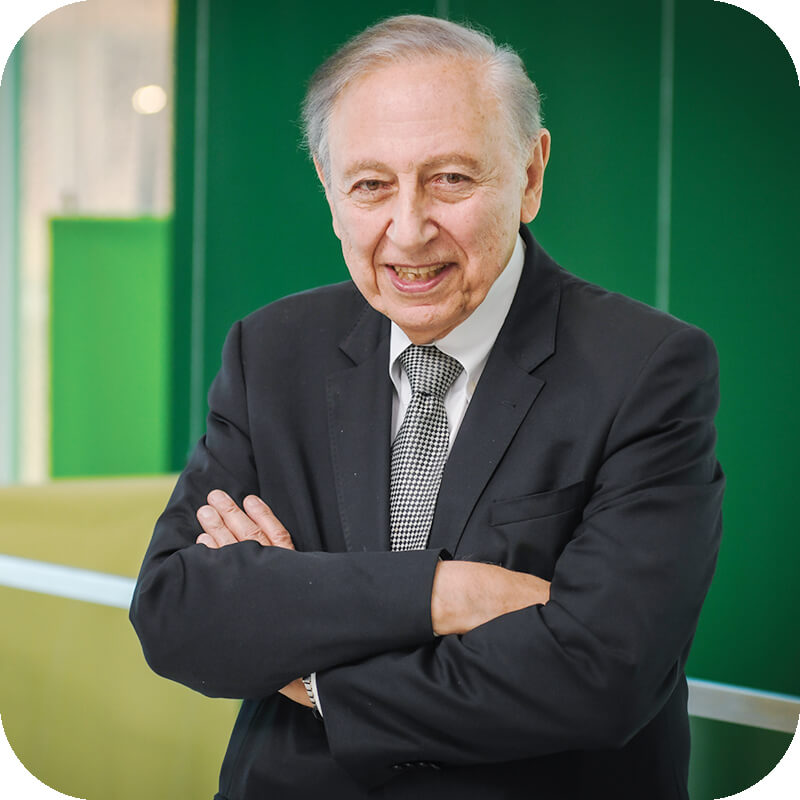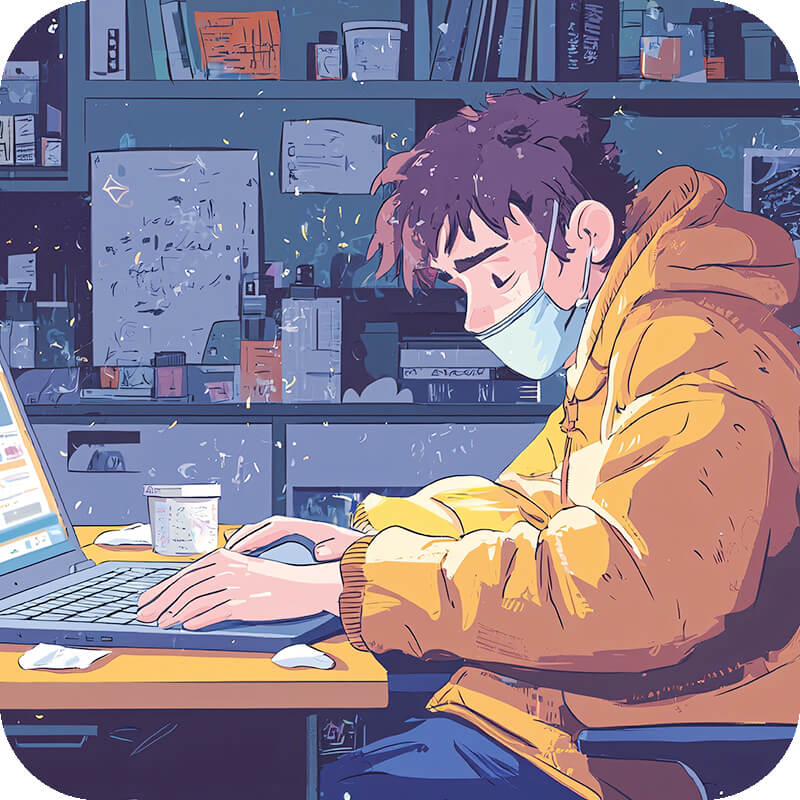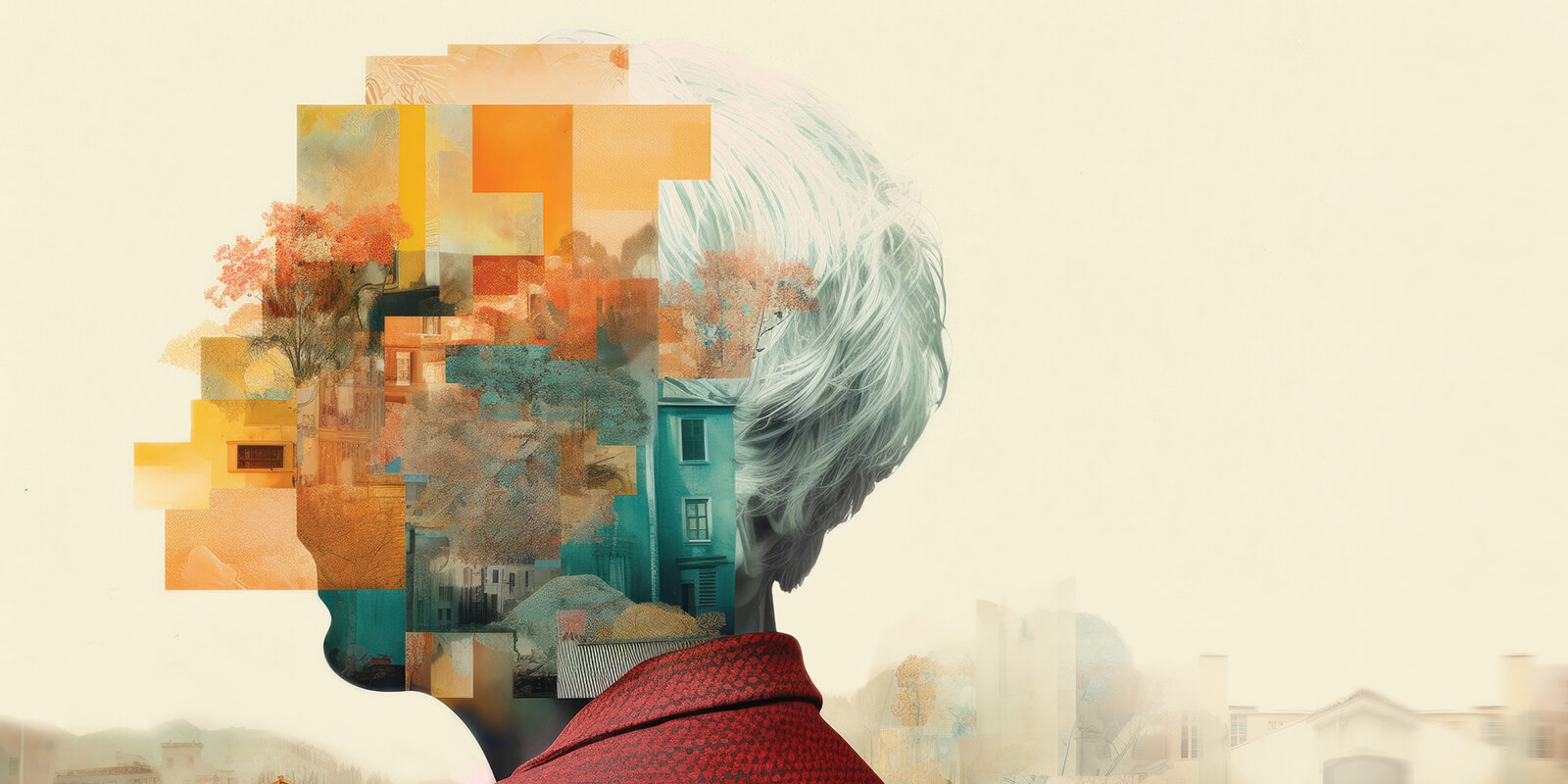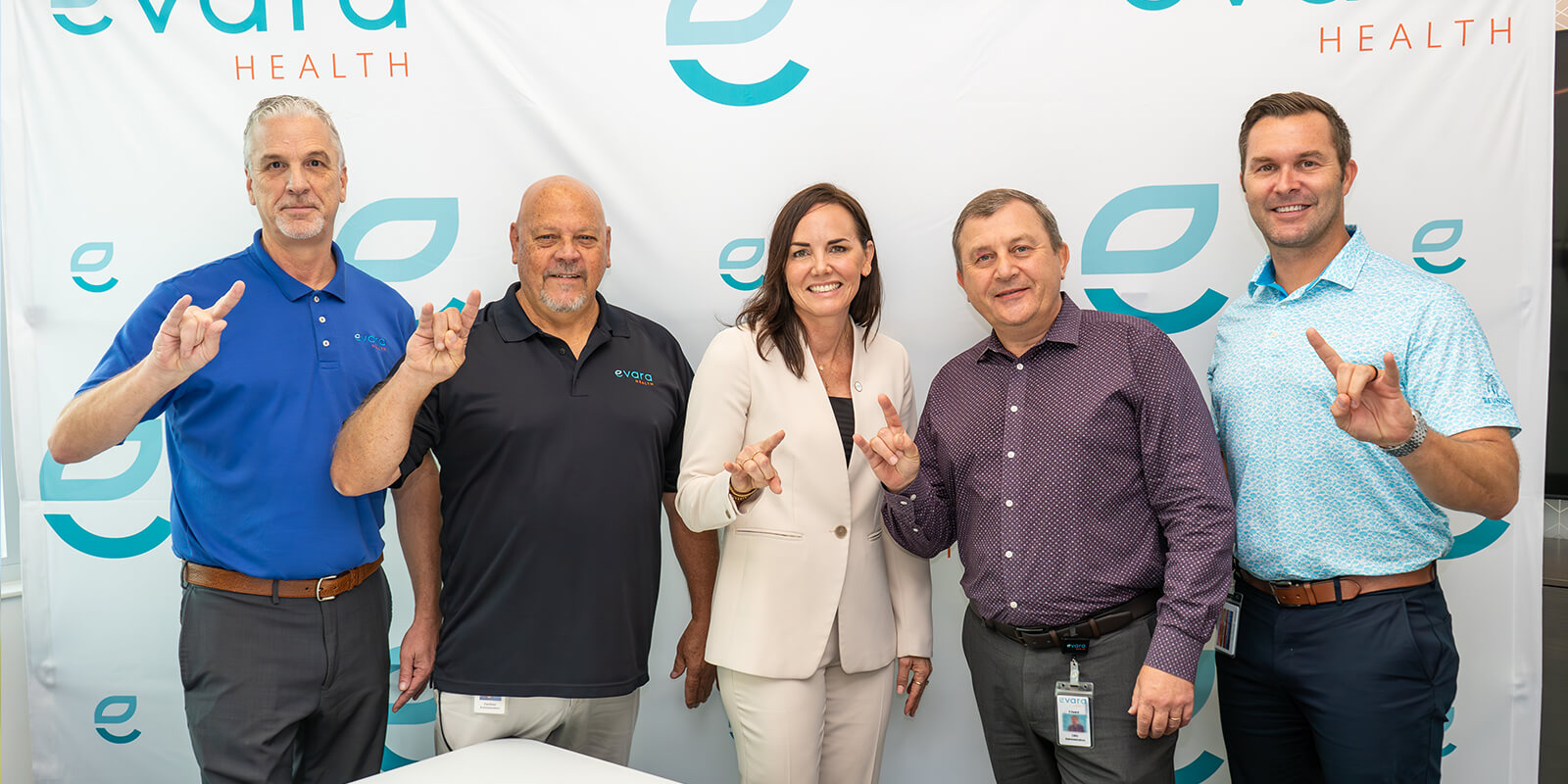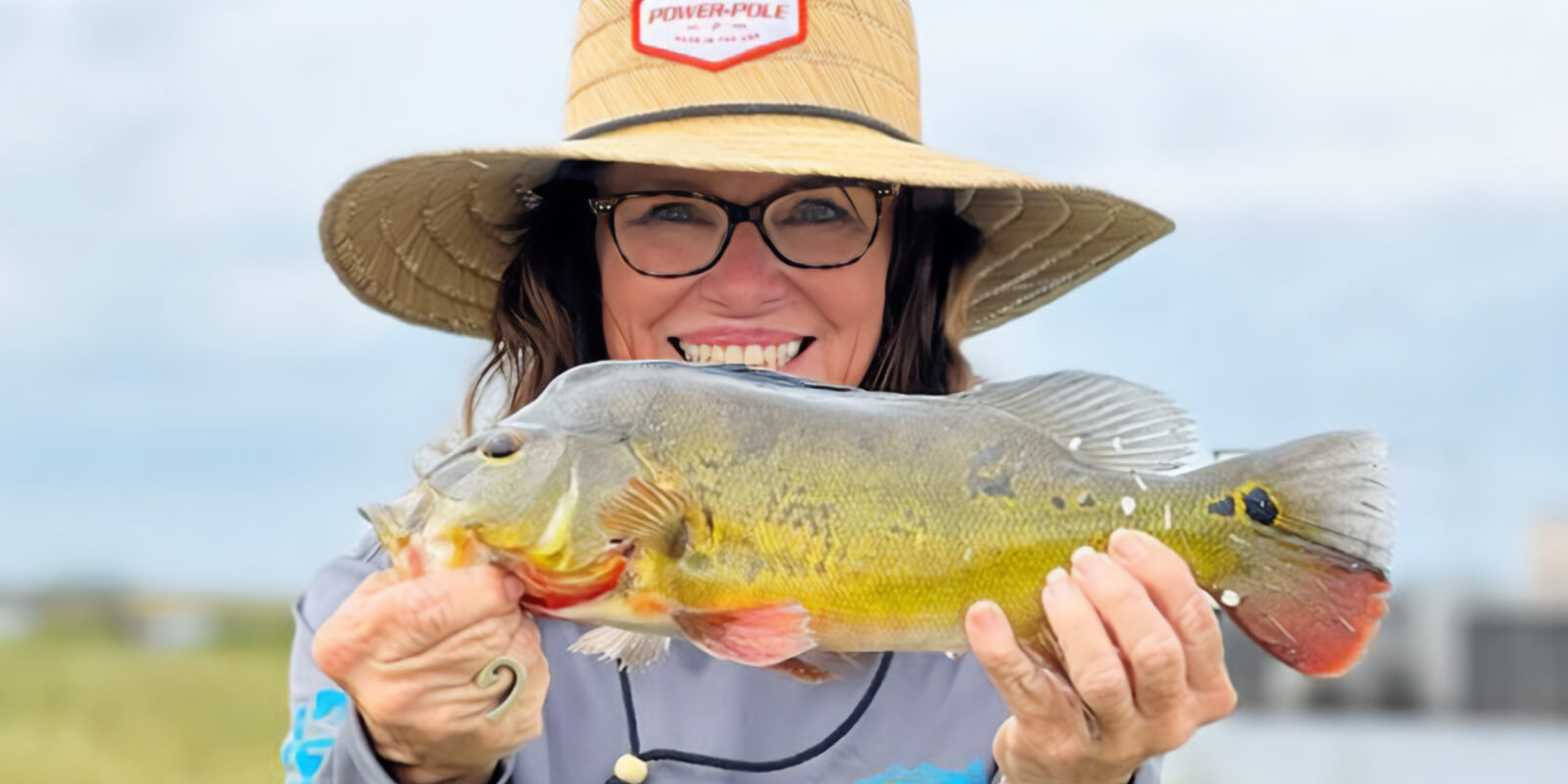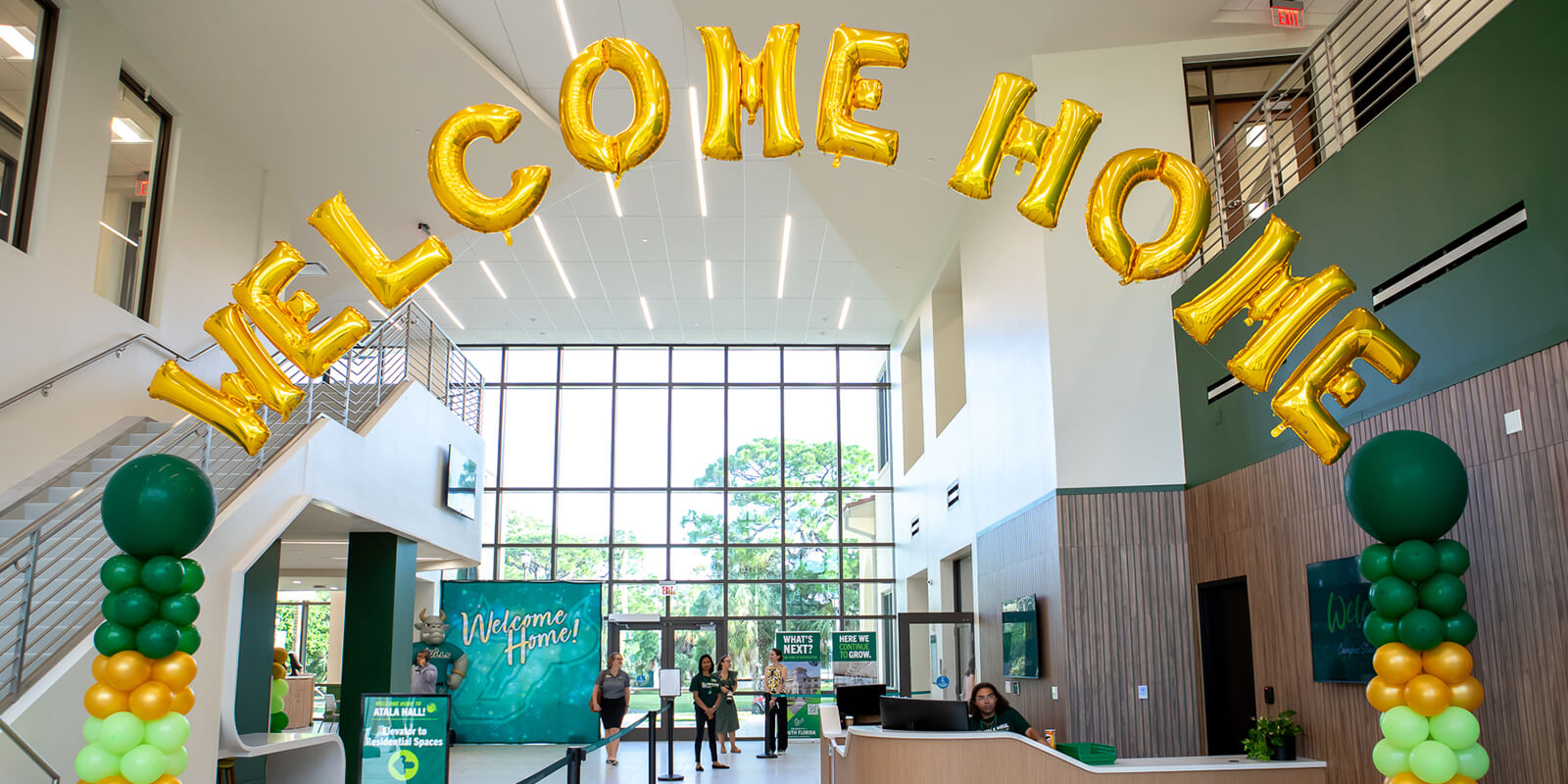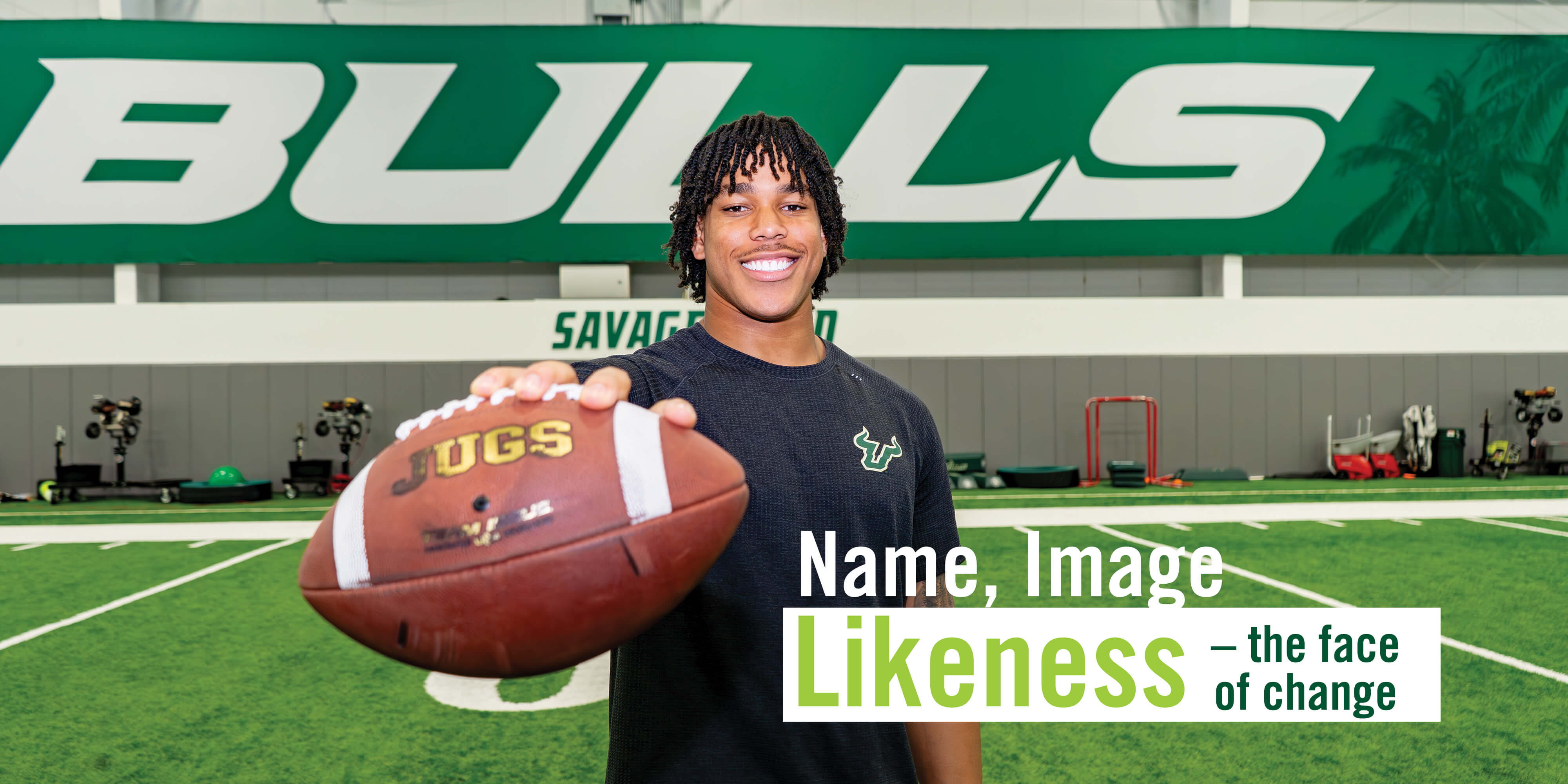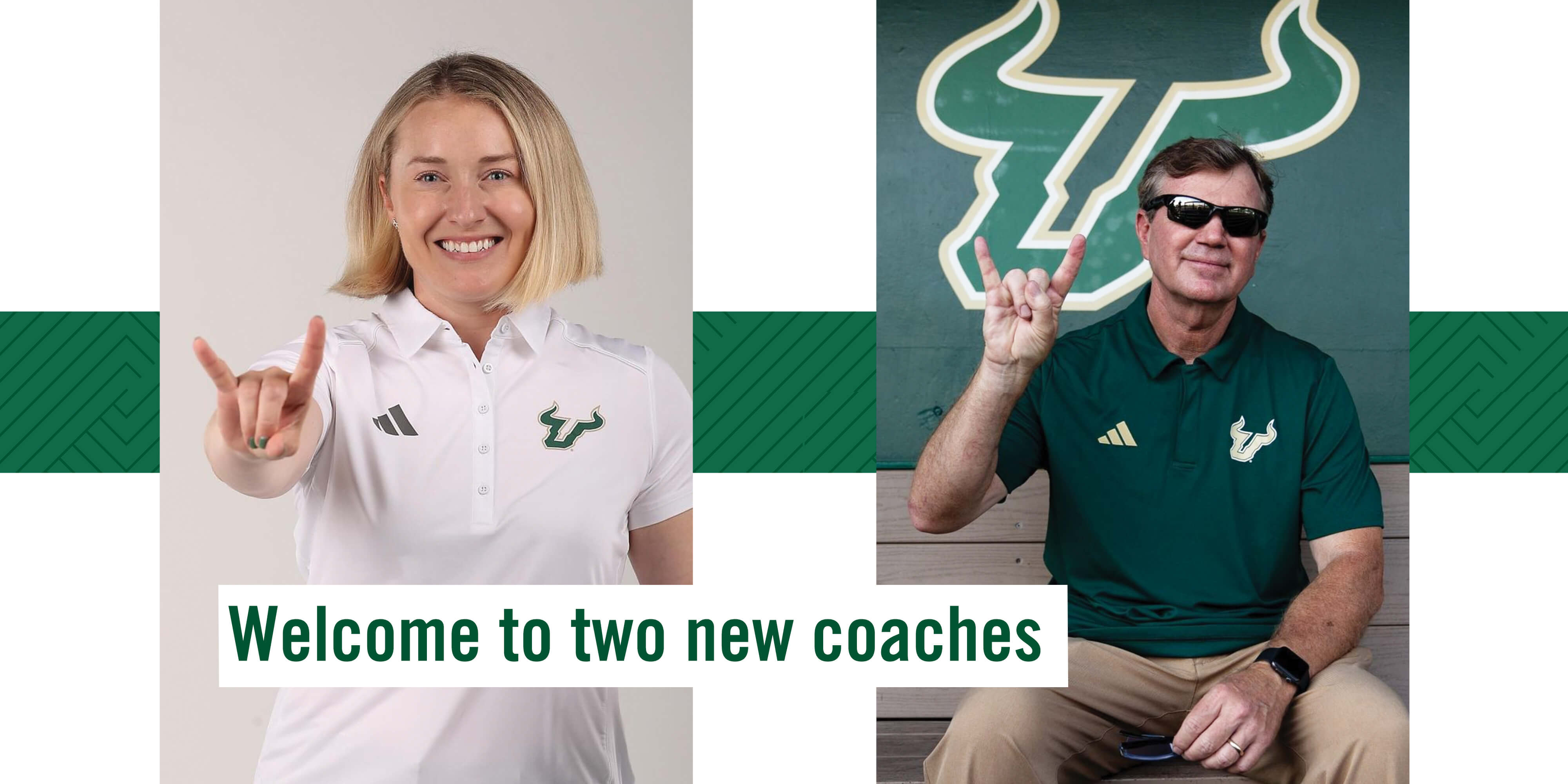USF Magazine
Fall 2024
The official magazine of the USF Alumni Association
SECTIONS
.


.
Their pride runs DEEP
Students on a study abroad trip to Union Island in St. Vincent and the Grenadines last summer had more than one goal.“We were eager to get that shot,” says Tatiana Restrepo, who is double majoring in marine biology and environmental science and policy. “We carried that Bull flag with us wherever we went, so whenever the opportunity arose, we’d be ready.” After completing their assignment one day, they still had some air — and the flag came out. “We all knew what to do!” Restrepo says. The June trip led by marine biology Professor Chantal Bégin included her former field assistant, Noelle Helder, ’16. Pictured clockwise from left to right are Isabel Wroten, Restrepo, Zoe Baumeister (back), Abby Bernard, Sydney Tritschler and Kasey Rea.
The students earned their scientific diving certifications and conducted underwater coral reef research, including photogrammetry and diversity surveys. “Life-changing experience and love this picture so, so much!” Restrepo says. Empower future student explorers by contributing to the USF Education Abroad Scholarship Fund. show more
.
.
.

.
Dear alumni, friends and supporters of USF,
The back-to-back hurricanes we experienced this fall severely impacted the Tampa Bay region and beyond, creating difficult, and in some cases devastating, situations for many of our students, faculty, staff, alumni and friends. Our hearts go out to everyone affected by these catastrophic storms.

.

.

Unraveling the mysteries of Alzheimer's disease
From research to resources, the Byrd Alzheimer’s Center offers more than ever before to patients and their families.
"We literally saved this patient's life"
Bulls-led businesses like Evara Health are transforming Tampa Bay’s commercial landscape.
Hooked
Champion angler is also the Queen of Conservation.
A place to learn and live
USF Sarasota-Manatee welcomes first residential students.
.


.


